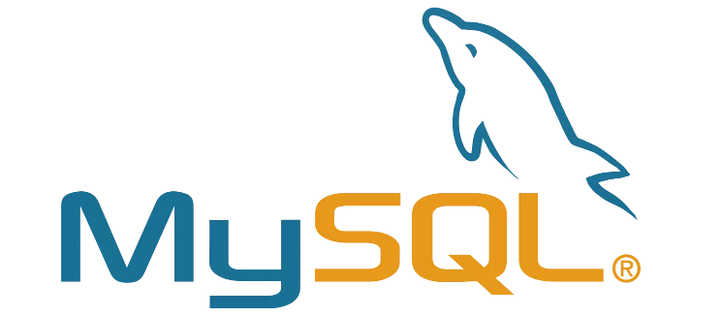Alternate MySQL versions on VPS with updated ISPmanager5 design
Instructions for installing multiple alternate MySQL versions on one server
MySQL is a free relational database management system. The product is distributed both under the GNU General Public License and under its own commercial license. In addition, developers create functionality by order of licensed users. It is thanks to such an order that the replication mechanism appeared almost in the earliest versions.

In the ISPmanager5 control panel it is possible to install several alternative versions of MySQL on one server in addition to the standard one, it became possible with the use of container virtualization Docker.
To install a new MySQL server, go to "Settings → Database Servers" and click "Create"

If you select a MySQL server type you will be given the option to select an action for that server type:
- Connect an existing local or remote server
- Install a new local MySQL server.

The following versions are currently supported:
- MySQL 5.5
- MySQL 5.6
- MySQL 5.7
- MySQL 8.0
- Mariadb 10.0
- Mariadb 10.1
- Mariadb 10.2
- Mariadb 10.3
You will also need to specify the name of the future server, which will be displayed in the panel and specify a password for the user root.
By default the new server will listen to localhost and in order to make it accessible from the outside you need to tick Remote access. In this case you will be able to choose the ip-address which will be listening to the future server.
If you want the new server to be used to install your APS scripts, check Install APS. In case none of your servers has the Install APS option selected, the local server will be used when installing the scripts, and if there is no local server either, the first one in the list will be used.
Docker is installed during the installation of the first alternative MySQL version on the server.

Creating a database
Once the server is installed, configured and appears in the general list of servers, go to "Tools → Databases " to create the database


When creating the base, just select the name of your new server from the list of servers.

If you have any configuration difficulties or have additional questions, you can always contact our support team via ticket system.